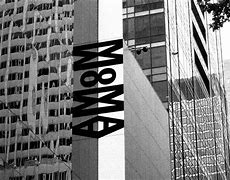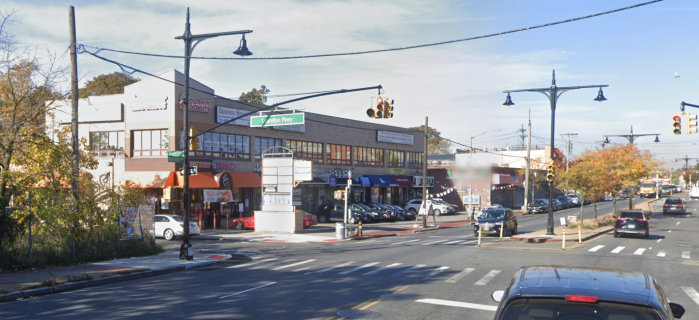
The Museum of Modern Art Presents Life Cycles: The Materials of Contemporary Design

The Museum of Modern Art will be opening the focused exhibition Life Cycles: The Materials of Contemporary Design. This exhibition examines how design can be elegant and innovative while also responsible and respectful of other ecosystems. On view in the Museum’s street-level gallery from September 2, 2023, through July 7, 2024, this exhibition of approximately 80 contemporary design works from MoMA’s collection looks at how some 40 designers are considering the full life-cycles of materials—from extraction all the way to recycling, upcycling, or disposal. The exhibition investigates the fundamental role design can play in translating current environmental considerations into sophisticated and informed responses.
Any act of good design must also be an act of empathy, respect, and responsibility toward all living organisms and ecosystems––as well as future generations. By translating scientific, technological, and social revolutions into objects and behaviors, design can be an agent of positive change and play a crucial part in restoring the fragile ties between humans and the rest of nature. Life Cycles: The Materials of Contemporary Design explores the regenerative power of design as it shifts its focus towards a more collaborative rapport with the natural world.
The objects in this exhibition highlight the entire life cycle of the materials they are made of. From extraction to reuse or disposal, designers are exploring new ways––sometimes drawn from old traditions––to enlist materials in their efforts to bring ecosystems into balance. Cow manure collected from the streets of Indonesia is transformed into casings for loudspeakers and lamps. Bricks made from crop waste and fungi mycelium are used as a carbon-neutral building material. Bees fabricate honeycomb vases over human-made forms. These objects demonstrate that design can be elegant, innovative, and compelling, while at the same time offering new strategies for repairing our planet.












